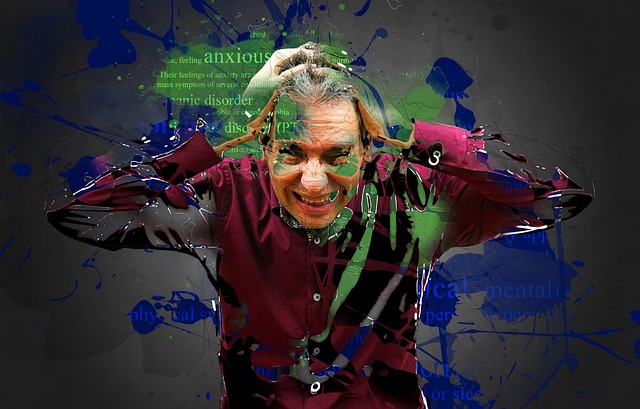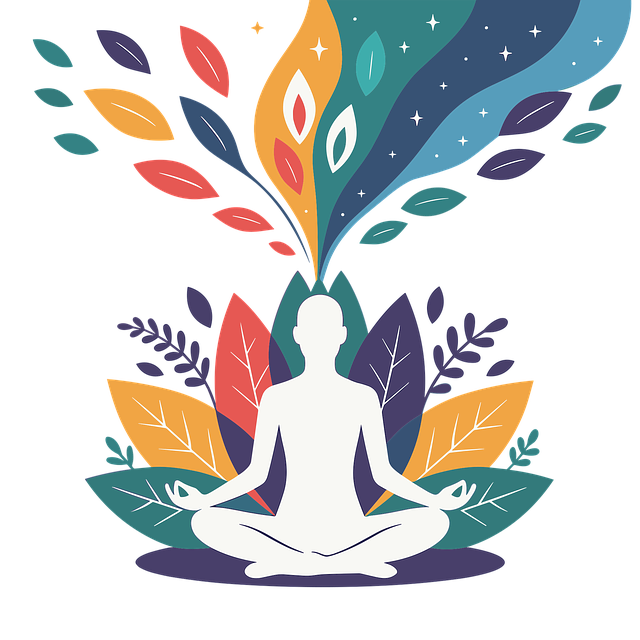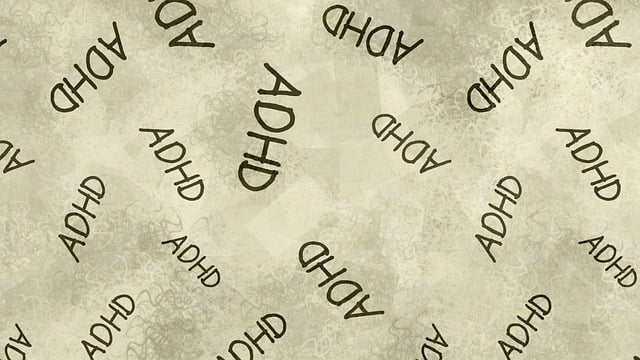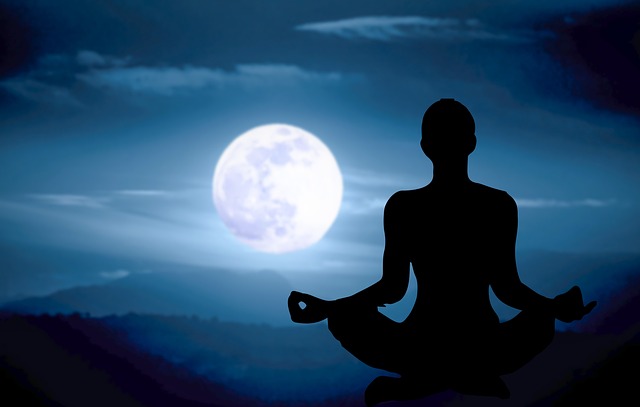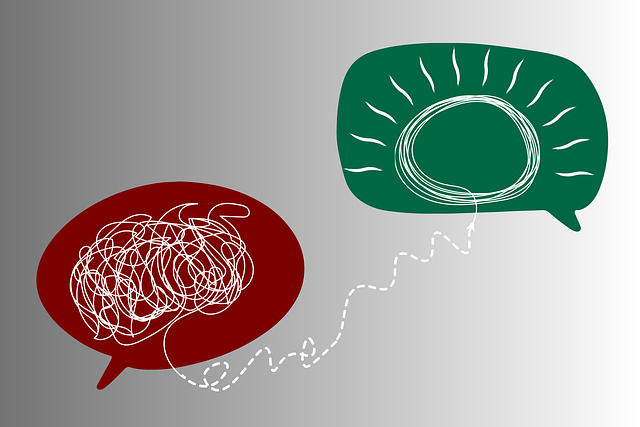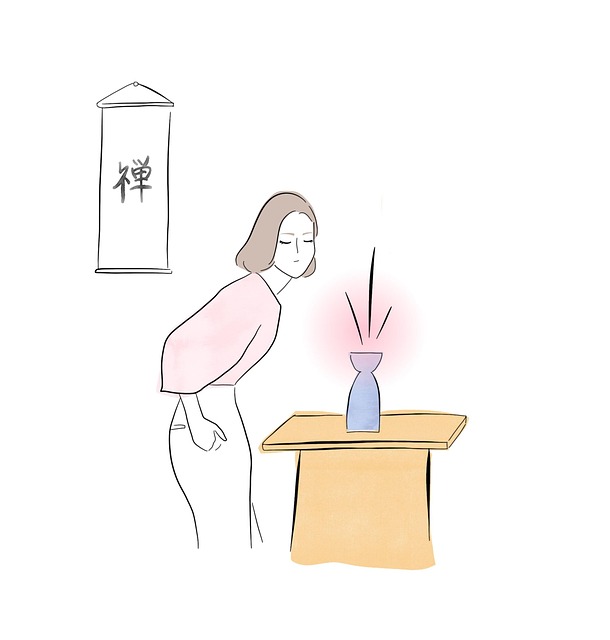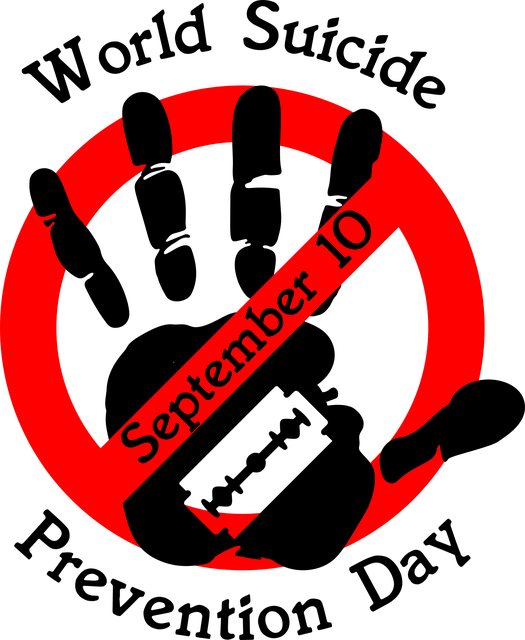Anxiety among the elderly, often overlooked due to societal focus on youth mental health, is a complex issue exacerbated by physical health challenges, loss of loved ones, and co-occurring conditions like Bipolar Disorder. Effective solutions require tailored CBT therapy designed for elders' needs, supportive community outreach programs, and fostering inner strength. CBT offers an evidence-backed approach that identifies and challenges negative thought patterns, enhances mental wellness, incorporates coaching and trauma support, and improves symptom management. Alternative techniques such as relaxation exercises, meditation, yoga, self-care routines, and lifestyle changes also prove effective in reducing stress, improving mood management, and fostering stability for elders with bipolar disorder or other mental health challenges.
Anxiety management is a critical aspect of maintaining mental well-being, especially among the elderly population. This article explores effective strategies to tackle anxiety, focusing on Cognitive-Behavioral Therapy (CBT) as a powerful tool for bipolar disorder management in seniors. We delve into alternative approaches, including relaxation techniques and lifestyle changes, offering insights into navigating and overcoming common challenges associated with elderly anxiety. By understanding these methods, caregivers and individuals can foster better mental health outcomes, particularly those managing bipolar disorder.
- Understanding Elderly Anxiety: Unveiling the Challenges
- Cognitive-Behavioral Therapy (CBT): A Powerful Tool for Bipolar Disorder Management
- Alternative Approaches: Relaxation Techniques and Lifestyle Changes
Understanding Elderly Anxiety: Unveiling the Challenges

Anxiety among the elderly is a pressing issue often overlooked, given the societal focus on youth mental health. As individuals age, they face unique challenges that can contribute to heightened anxiety levels. For instance, physical health issues and cognitive decline, common in later life, can significantly impact one’s sense of well-being and independence. Additionally, the loss of loved ones, a frequent occurrence among the elderly, is a profound source of grief and existential fear, potentially leading to chronic anxiety.
The complexities of aging also intertwine with other mental health conditions, such as Bipolar Disorder, which can complicate anxiety management. Many older adults struggle with mood regulation, further exacerbating their anxiety symptoms. Therefore, addressing these issues requires tailored approaches, including therapy specifically designed for elders’ needs. Fostering a supportive environment through community outreach programs and encouraging the development of inner strength can greatly assist in managing and overcoming these challenges.
Cognitive-Behavioral Therapy (CBT): A Powerful Tool for Bipolar Disorder Management

Cognitive-Behavioral Therapy (CBT) is a highly effective approach for managing Bipolar Disorder in elders. This evidence-based therapy focuses on identifying and challenging negative thought patterns and behaviors that contribute to anxiety and mood swings. By teaching individuals to recognize triggers, CBT empowers them to develop healthier coping strategies, leading to improved mental wellness.
For the elderly population, CBT can be tailored to address unique challenges, incorporating aspects of mental wellness coaching programs and trauma support services. The therapy’s structured nature makes it accessible for seniors, helping them navigate the complexities of Bipolar Disorder with newfound resilience. Through CBT, elders gain valuable tools to manage their symptoms effectively and enhance their overall quality of life.
Alternative Approaches: Relaxation Techniques and Lifestyle Changes

Anxiety management techniques go beyond traditional therapy. For elders dealing with bipolar disorder or other mental health challenges, alternative approaches like relaxation techniques and lifestyle changes can significantly enhance well-being. Practices such as deep breathing exercises, meditation, and yoga have been shown to reduce stress levels and improve mood management—essential components in maintaining mental health balance.
Adopting a routine focused on self-care practices is another powerful tool for anxiety reduction. This includes regular physical activity, a balanced diet, and sufficient sleep, all of which contribute to a confidence-boosting mindset. By integrating these alternative methods into their daily lives, elders can gain better control over their mental health, fostering a sense of stability and overall well-being.
Anxiety management is a vital aspect of enhancing quality of life, especially for elderly individuals dealing with bipolar disorder. By understanding the unique challenges faced by seniors (Understanding Elderly Anxiety), we can effectively utilize evidence-based methods like Cognitive-Behavioral Therapy (CBT) to mitigate symptoms (Therapy for Elders Bipolar Disorder). Moreover, incorporating relaxation techniques and lifestyle changes offers a holistic approach, enabling elders to manage anxiety and improve overall well-being. Alternative approaches (Alternative Approaches) provide a sense of agency and can significantly enhance their daily lives.
